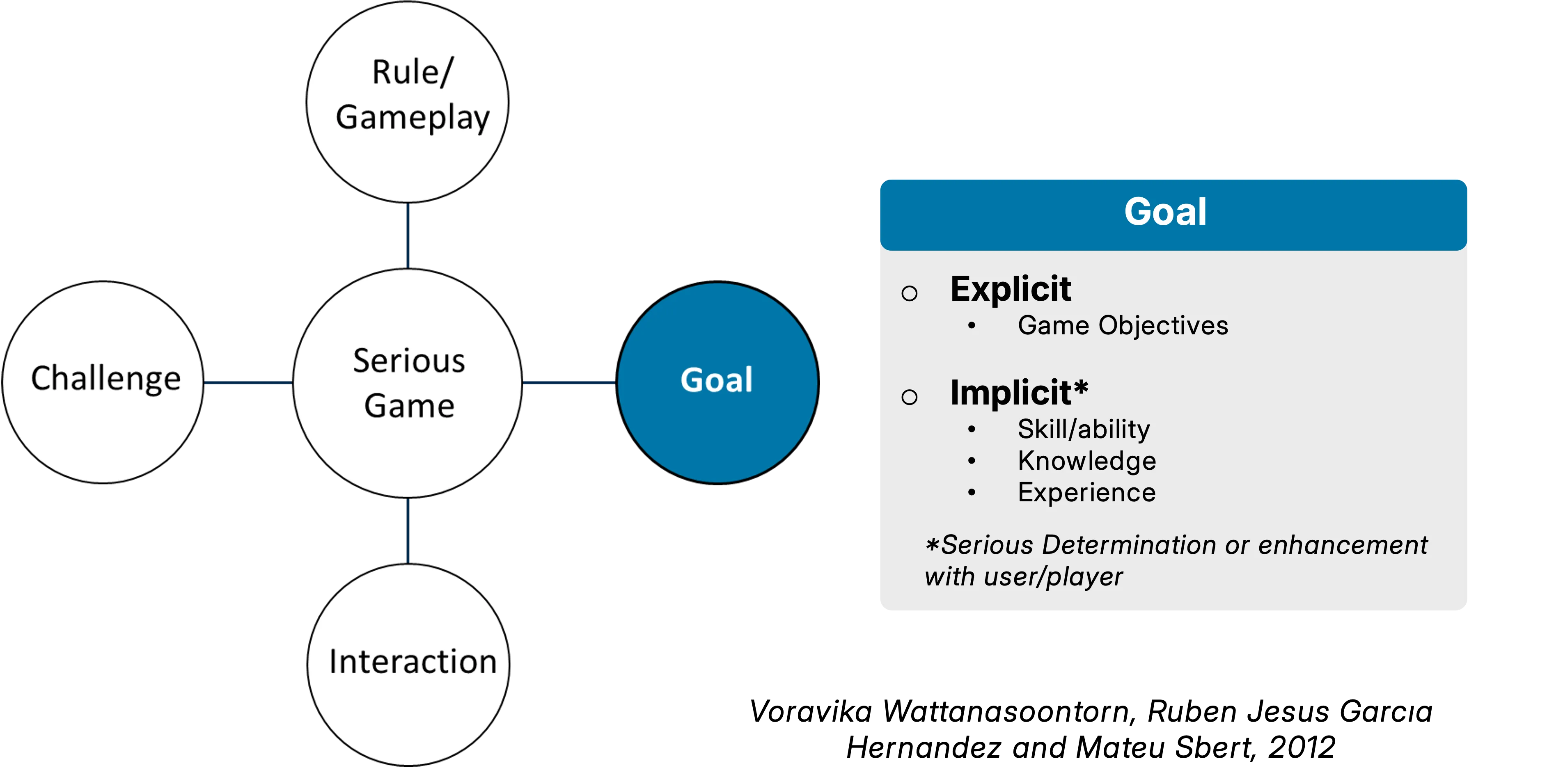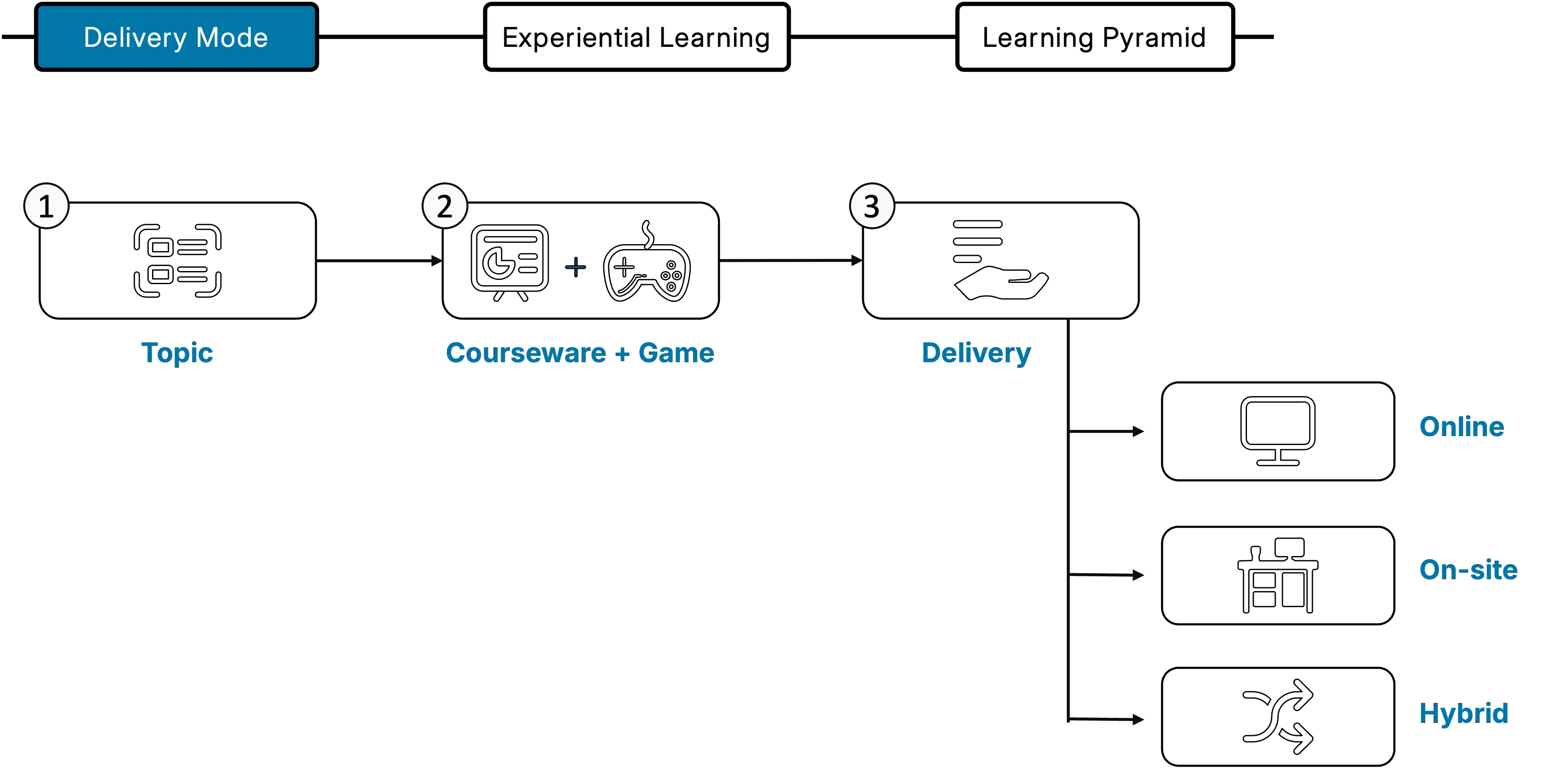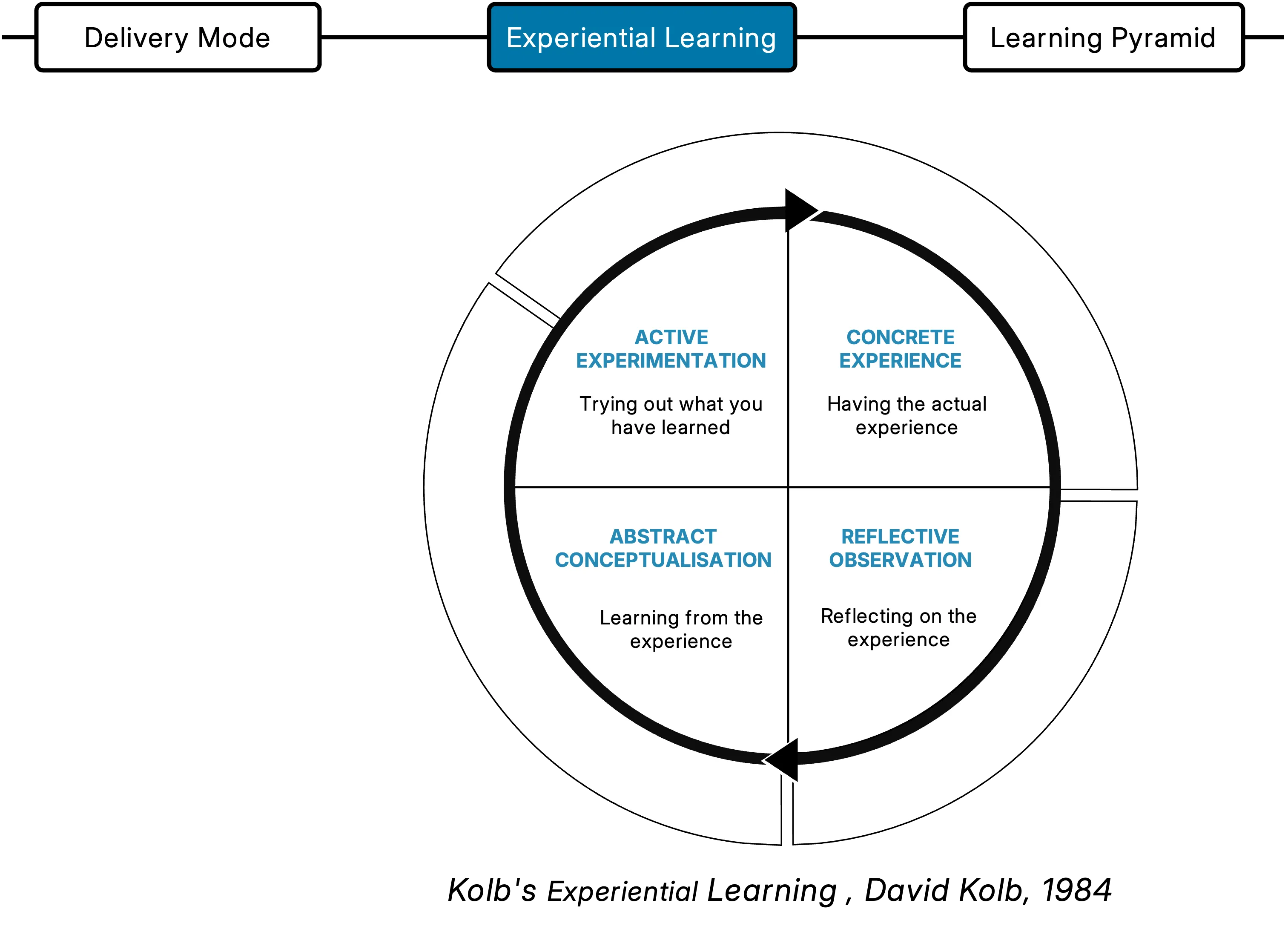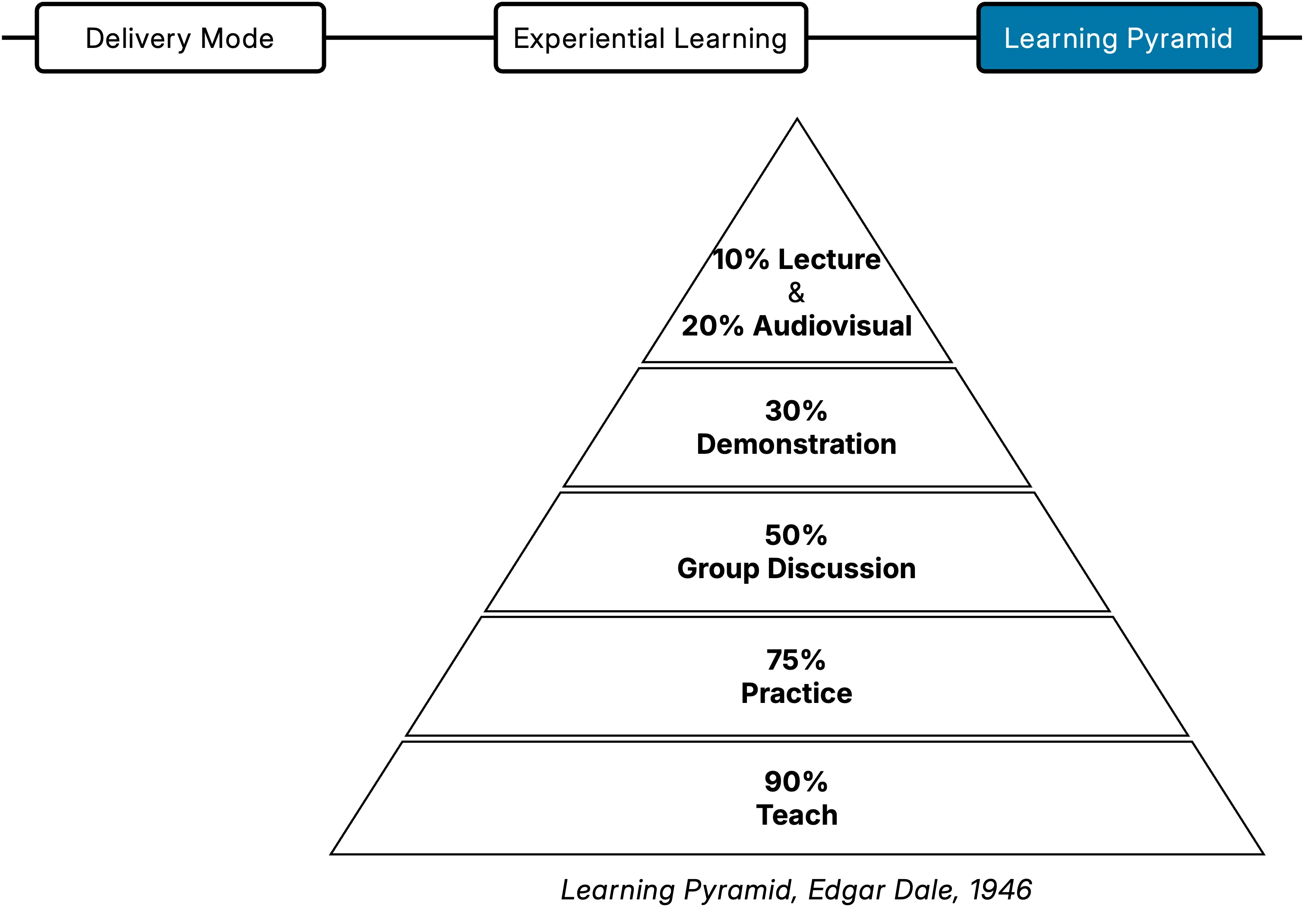Theoretical Foundation for Innovation

A “serious game” is a type of digital game designed primarily for purposes other than pure entertainment. The “serious” aspect of the term reflects the game’s intent to educate, train, or address a specific problem or issue, using the engaging and interactive nature of games to serve a variety of educational, governmental, corporate, or social purposes.
Serious games can differ from traditional educational tools by incorporating elements of gameplay such as scoring, competition, and rules, which can enhance learner engagement and motivation. They often employ realistic scenarios that require players to apply their skills and knowledge to solve challenges, facilitating active learning and practical application of knowledge.
Serious games are part of a broader movement towards game-based learning in various fields. They are recognized for their ability to provide a safe learning environment where failure has no real-world consequences, allowing players to experiment and learn from their mistakes.
Source: https://en.wikipedia.org/wiki/Serious_game.
Whether it’s leadership development, team building, or problem-solving, AMI’s flexible approach enables the integration of diverse training goals into the game design. This not only enriches the learning experience but also allows trainers and clients to tailor the program to their specific needs, thereby maximizing the effectiveness of the training.

AMI’s interactive course design is based on the Theory of Experiential Learning by David Kolb, a renowned educational model that emerged in the 1980s and has since shaped the landscape of education and training. This theory underscores the importance of experience in learning and outlines a cyclical process of gaining knowledge, consisting of concrete experience, reflective observation, abstract conceptualization, and active experimentation.

Edgar Dale’s Learning Pyramid, also known as the Cone of Experience, was introduced in the 1946 as a model to illustrate the varying levels of learning effectiveness associated with different types of educational activities. The model suggests that people generally remember more information from interactive, hands-on activities than from passive learning methods. This pyramid has been widely adopted in the educational field, shaping teaching methodologies and learning strategies across the globe. AMI’s course design, integrating the principles of Dale’s Learning Pyramid, emphasizes active participation and hands-on experiences to facilitate deep and lasting learning, demonstrating the enduring relevance and effectiveness of Dale’s model.